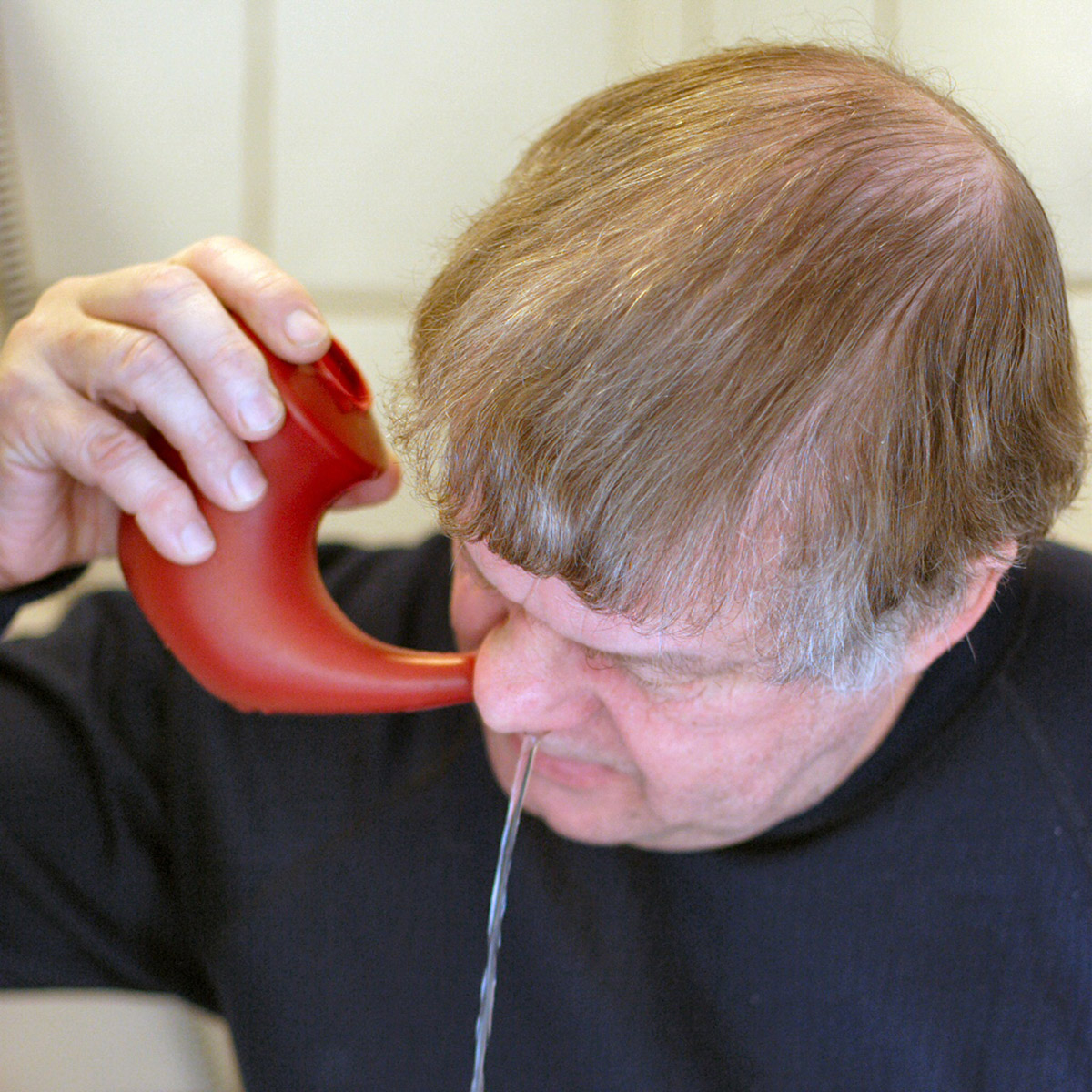
Nasal irrigation complication
Nasal irrigation is not a narrow term and it can also stand for the use of saline nasal spray or nebulizer to moisten the mucus membranes. Every doctor will recommend nasal irrigation as it is a vital factor for the proper nasal health. Nasal irrigation is not only used in order for the nasal health to be better but in various other situations. Those patients who suffer from chronic sinusitis and those who experience certain symptoms like facial pain, headache, halitosis, cough, anterior rhinorrhea and nasal congestion benefit a lot from nasal irrigation as it will provide instant relief.There is no need for any kind of special liquid in order for a person to perform nasal irrigation. Tap water is used by many. However, tap water is not recommendable as it can lead to the irritation of the mucus membranes. Due to this fact an isotonic or hypertonic salt water solution is usually recommended by most doctors. The amount of salt that is placed in the water needs to be the same as the tonicity of the body cells and blood. When making a salt water solution, lukewarm water is a lot better choice than cold water. Cold water can even cause more damage. It is often seen that baking soda is used in order for the pH of the solution to be adjusted to that of the body.
In addition to tap water and lukewarm salt solution for nasal irrigation, certain manufactured solutions can be purchased for this purpose. Lactated Ringer’s solution is often used. This solution contain xylitol and aloe extract. Even though xylitol is used for the prevention of dental caries and acute otitis, there is no strong evidence that it is beneficial when used in the sinus cavities. Aloe extract is often used as it aid in keeping the nasal from becoming dry.Safety of nasal irrigation
Nasal irrigation is used in order for a lot of chronic sinus and nasal symptoms to be treated. A person who is exposed to sawdust at his or her workplace will also benefit a lot from this personal hygiene procedure. A person who is affected by hay-fever or a regular cold will experience a lot of relief from nasal irrigation. According to the experts, nasal irrigation is supposed to be an effective way of treating allergic rhinitis and chronic sinusitis. However, a person should not use nasal irrigation quite often as it can lead to more frequent sinus infections. On the other hand, nasal irrigation is recommended to be used from time to time. When it is used in this way it is the most effective. Daily nasal irrigation is recommended as a primary treatment and most experts agree that is a lot better option than using corticosteroids. However, corticosteroids must be used when the case of acute bacterial sinusitis is a serious one. Even though nasal irrigation is a safe procedure, a person must be careful when performing it, especially when it is being performed on children.A lot of experts say that flushing the nasal cavity with the use of salt water solution is supposed to help keep the cavity moist and get rid of all the things that are not supposed to be there. However, there is no strong proof that backs this. When it is combined properly, salt water solution acts as an anti-bacterial irrigant due to its acidic pH properties. These properties are not strongly acidic. The solution is supposed to flush out all the dirt, airborne allergens like dust and pollen, pollutants and the bacteria in the mucus when it flows through it. Due to the salt in water, the solution will also loosen the mucus and make it thinner because of which it will be able to expel with more ease.
When making the solution, a person needs to pay attention not to use any of the allergens or contaminants like algae and iodine, among others. The salt that most doctors advise is non-iodized “kosher” salt either with or without any of the Buffering agents like sodium bicarbonate or baking soda. Tale salt should not be used as it is often iodized and sea salt is not good either as it is highly likely to have algae or some other contaminant in it.



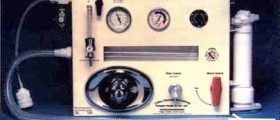


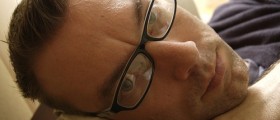

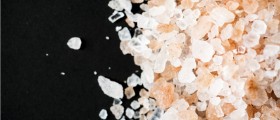
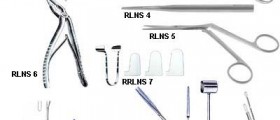
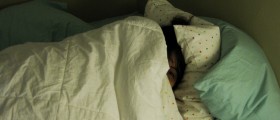
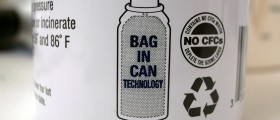



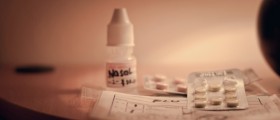
Your thoughts on this
Loading...